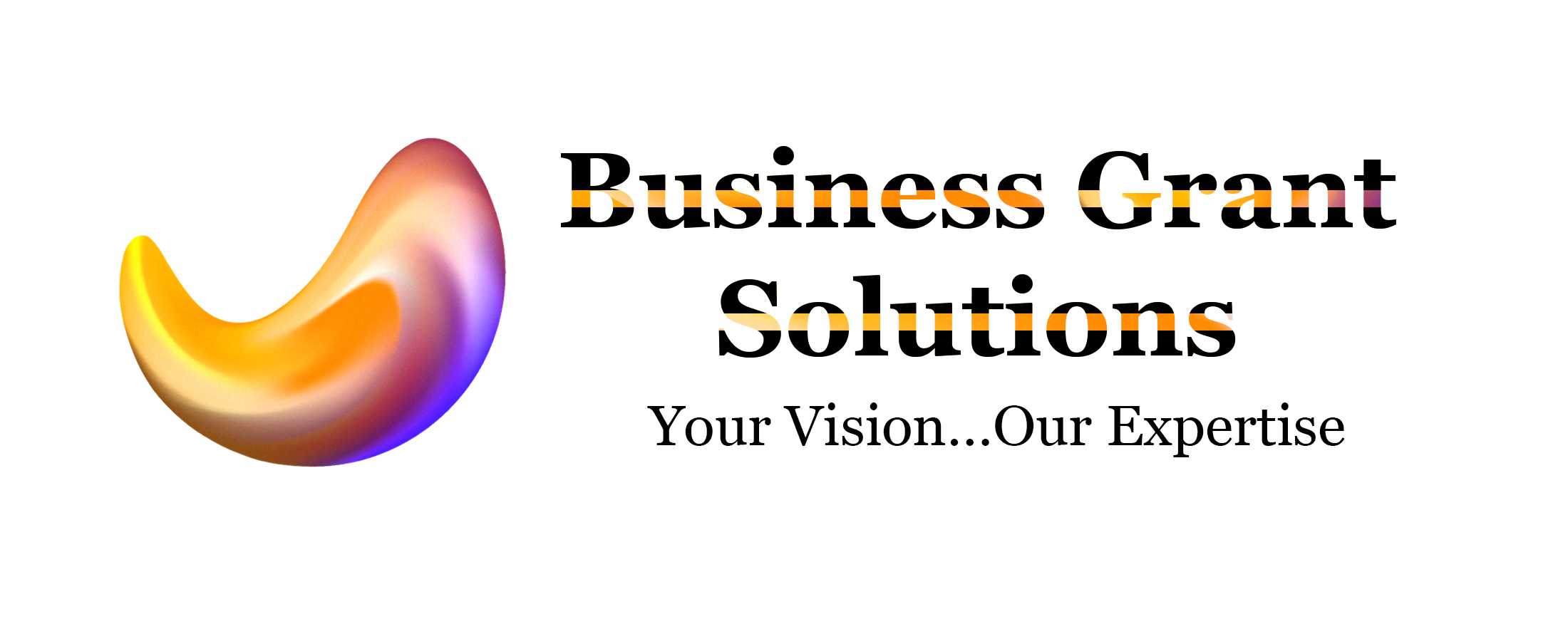What is the Trade Adjustment Assistance For Firms?
The Trade Adjustment Assistance for Firms (TAAF) (PDF) program helps import-impacted U.S. firms develop and implement projects to regain global competitiveness, expand markets, strengthen operations, increase profitability, thereby increasing U.S. jobs. The TAAF program was established by Congress under the Trade Expansion Act of 1962. The Trade Act of 1974 (Trade Act), as amended, included a more extensive TAA program for firms that expanded eligibility, increased authorized funding levels, and provided greater flexibility for a firm to demonstrate eligibility for assistance.

Technical assistance is provided through a nationwide network of 11 non-profit or university-affiliated grantees, Trade Adjustment Assistance Centers (TAACs), to help U.S. firms in all 50 States, the District of Columbia, and the Commonwealth of Puerto Rico.
Eligibility:
A firm is eligible for the program if it experienced sales and employment declines due to import competition over the last two years. If eligible, the EDA will typically pay 50% percent of the consulting fees incurred by the manufacturer to develop and implement a recovery plan. EDA will pay up to $75,000 of the consulting fees incurred. Eligible companies can use TAA for various development projects, which frees up company resources for other obligations and expenses that are not covered by the federal program, including equipment and material purchases.
One important thing to note is that TAA is not a “reimbursement” program. An eligible company will be held responsible for only half of the project costs, while TAA will pay the consultant the remainder of the project costs.
